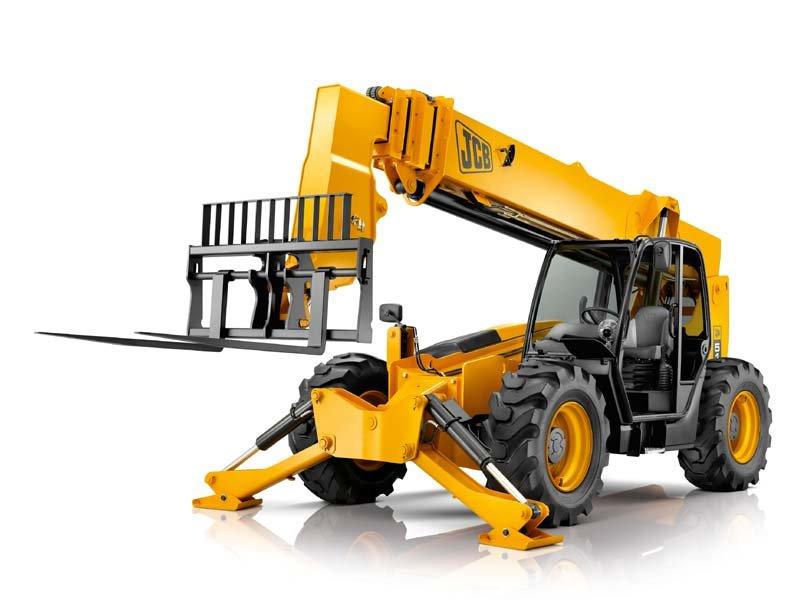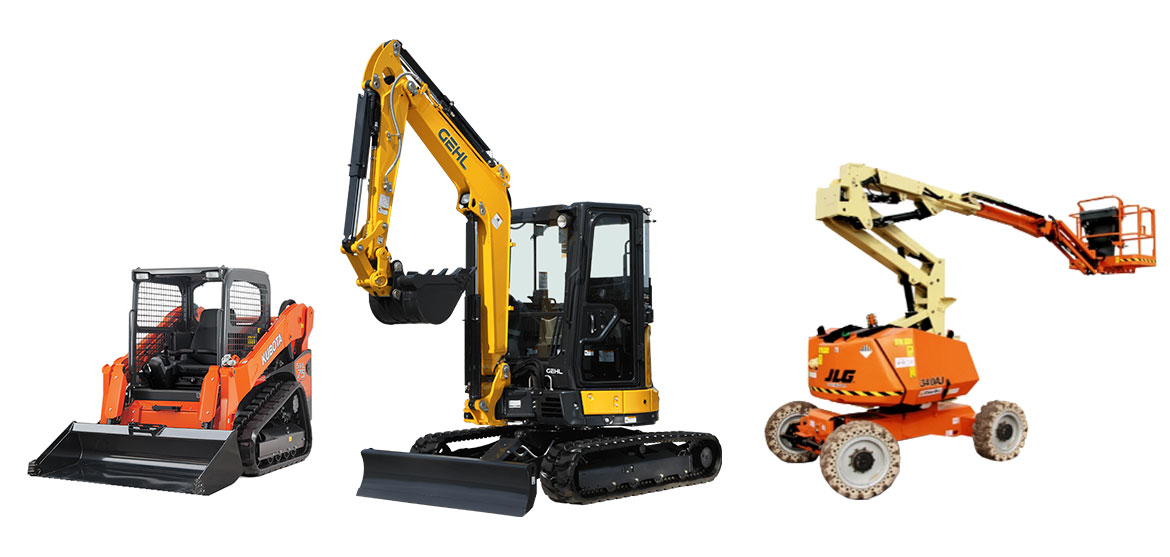Optimize Your Budget Plan by Understanding the Expenses Linked With Building Devices Rentals
Recognizing the complete scope of expenses connected with building devices services is essential for optimizing your budget. What approaches can be utilized to efficiently take care of these costs and ensure a much more reliable rental experience?
Introduction of Rental Costs
When taking into consideration building and construction equipment rentals, understanding the connected costs is vital for efficient budgeting and project preparation. Rental expenses can differ considerably based on a number of aspects, including equipment type, duration of service, and place. The preliminary rental charge commonly mirrors the equipment's market need and its associated functional capabilities, influencing the total cost.
Along with the base rental rate, secondary expenses might arise, such as transportation charges, fuel additional charges, and maintenance charges. It is important to represent these extra expenses to precisely assess the total expense of renting out devices. The rental duration can affect prices; longer services might qualify for affordable rates, while temporary services could incur greater everyday costs.

Break Down of Rental Rates
A detailed understanding of rental rates is necessary for specialists and job managers intending to maximize their spending plans. Rental prices for building and construction devices typically include a number of components, consisting of base rates, time-based fees, and usage fees.
Base rates are the core charges connected with the leasing of the equipment, commonly figured out by the type and size of the equipment. These prices can differ substantially, affected by aspects such as devices need, accessibility, and regional market trends. Time-based costs, which may be daily, weekly, or monthly, offer to suit different project timelines and rental periods.
In addition, rental rates might include use charges, which apply when devices is made use of past a specified threshold, guaranteeing that the rental business can account for damage. Seasonal need changes can likewise affect rental prices, with peak building and construction periods generally regulating greater costs.
In addition, comprehending the rental company's plans relating to upkeep and insurance coverage can supply more understanding right into the overall expense structure. By examining these elements, specialists can make educated choices, making certain the option of rental tools aligns with both task demands and budget plan constraints.
Added Charges to Consider
Understanding the ins and outs of additional charges is crucial for specialists to manage their general service costs effectively. Past the conventional rental rates, numerous auxiliary costs can dramatically affect the overall cost of equipment rental. These costs usually include delivery and pick-up charges, which can differ based upon distance and logistics included in transporting the devices to and from the work site.
Moreover, some rental firms might enforce gas surcharges if the tools is returned with much less fuel than when rented. It is additionally vital to understand prospective cleansing fees, particularly for specific tools that requires detailed maintenance after usage.

Thoroughly assessing the rental contract and clearing up these additional fees upfront can help professionals stay clear of unforeseen costs and make sure that budget plans remain intact throughout the project lifecycle.
Maintenance and Repair Costs
Routine upkeep and repair service costs are commonly neglected variables that can substantially affect the general price of construction devices leasings. When renting out tools, it is essential to think about not just the rental fees yet also the possible prices related to maintaining the equipment in optimal operating condition.
Several rental firms include fundamental upkeep as part of the rental contract; nonetheless, much more unanticipated malfunctions or extensive repair services can bring about additional costs. It's important to examine the rental contract thoroughly to recognize what upkeep services are covered and what obligations drop on the occupant.
Moreover, tools that is not well-maintained can result in ineffectiveness on duty site, possibly causing delays and increasing job expenses. To reduce these risks, it is recommended to perform normal inspections and maintain open interaction with the rental service provider pertaining to any kind of problems that emerge during use.
Insurance Coverage and Obligation Prices
Insurance coverage and obligation expenses are important components that can significantly impact the total expenditure of building equipment services (aerial lift rental). These prices make sure that both the rental business and look these up the client are safeguarded from prospective monetary losses developing from accidents, damages, or theft throughout the rental period

Additionally, customers must recognize any kind of deductibles or exclusions in the insurance coverage, as these can impact potential out-of-pocket costs. Comprehending the terms and conditions of any insurance policy coverage is crucial to stay clear of unforeseen prices. Ultimately, budgeting for insurance coverage and responsibility expenditures can assist make certain a smoother rental experience and secure against financial threats associated with construction projects.
Final Thought
Finally, a thorough understanding of the prices linked with building and construction tools rentals is essential for effective budget plan management. By evaluating rental prices, additional charges, maintenance expenses, and insurance requirements, people and organizations can lessen unforeseen expenditures. This calculated method not just enhances read the article cost-effectiveness however likewise guarantees that tasks proceed smoothly and efficiently. Ultimately, informed decision-making concerning devices rentals adds to the overall success of construction undertakings.
Rental expenses can differ substantially based on a number of aspects, consisting of equipment type, duration of leasing, and location (heavy equipment rental). The rental duration can affect prices; longer rentals may qualify for discounted prices, while short-term services could sustain greater daily fees
By carrying out complete study and engaging with trustworthy rental business, specialists can successfully browse the intricacies of rental pricing, this hyperlink ultimately optimizing their monetary resources.
Past the basic rental prices, various extra costs can considerably affect the overall expense of equipment service. Rental companies often offer obligation insurance coverage that covers injuries to 3rd events or damage to residential property, while tools damage insurance can cover the price of repair services or substitute if the rented equipment is harmed.